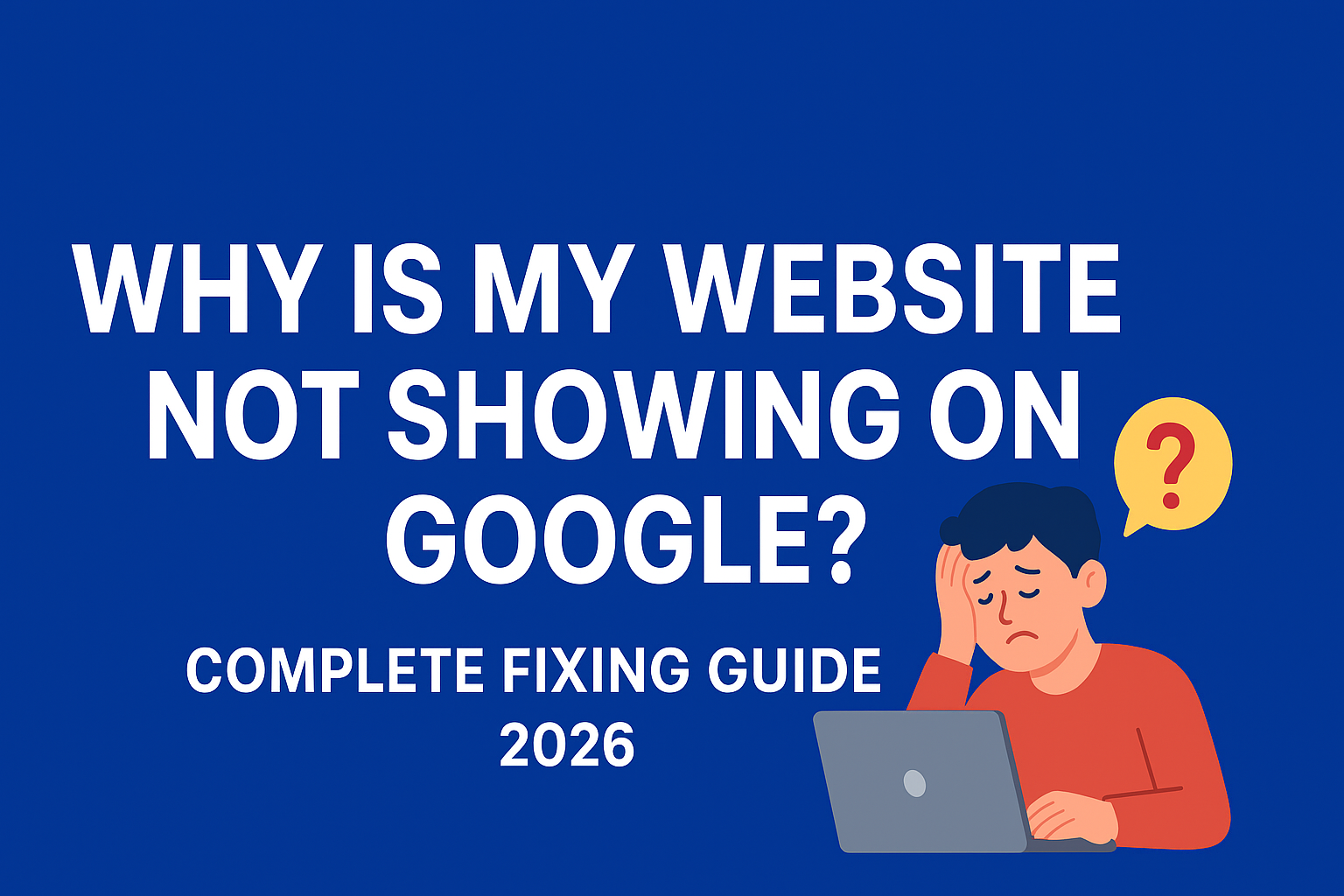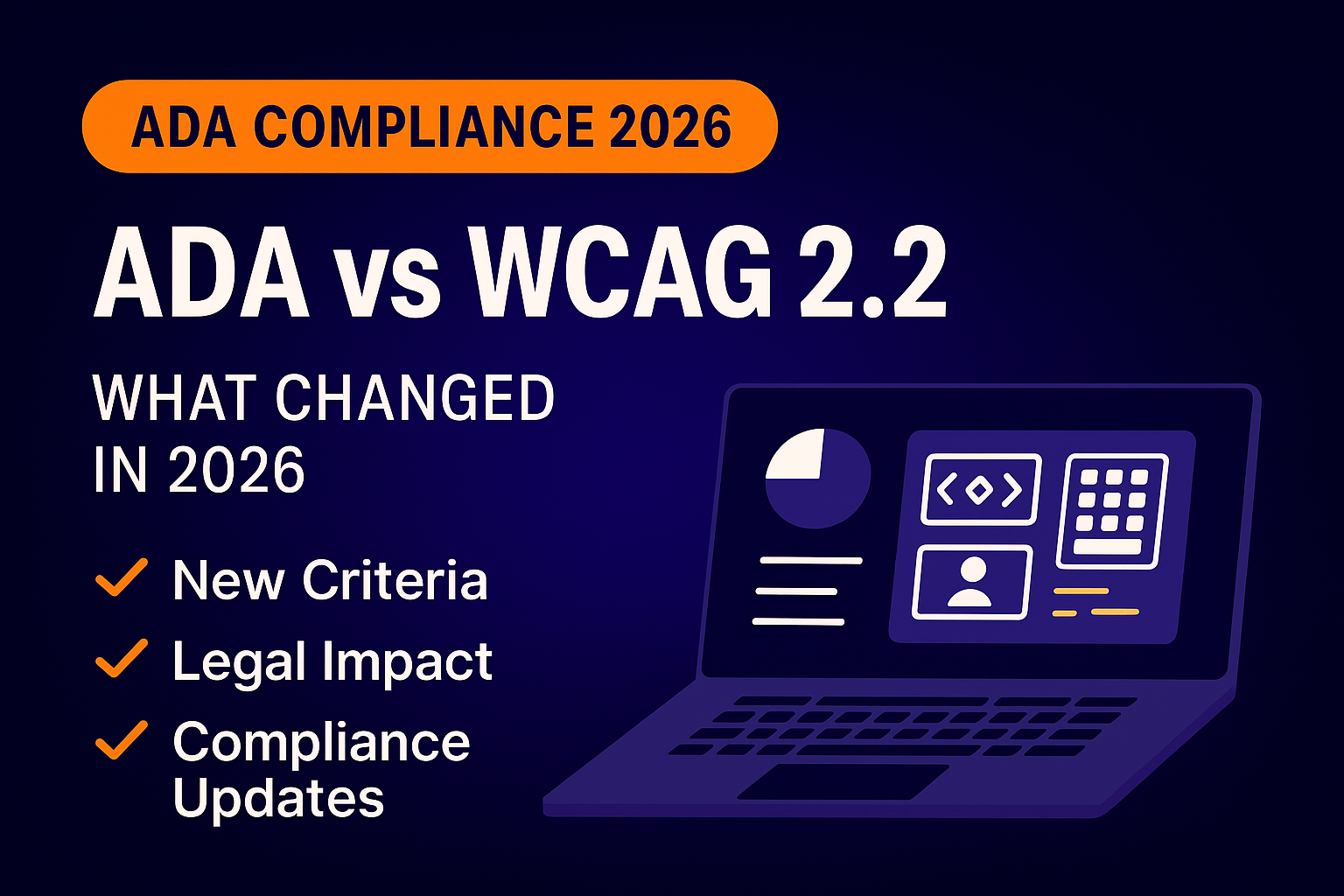This is a question that comes up a lot, and it’s a good one. It gets right to the heart of what it takes to maintain and grow a strong online presence. Many business owners and marketers think there’s a simple, universal answer—like “every six months” or “once a year”—but the reality is more nuanced. The best approach isn’t about following a rigid calendar; it’s about building a strategic, proactive system that ensures your website’s health is always a priority.
Think of it like this: your website is a living, breathing digital asset. It’s constantly being crawled by search engines, challenged by competitors, and affected by algorithm changes. To keep it running at peak performance, you need a multi-layered audit strategy. This isn’t just about finding problems; it’s about identifying opportunities for growth and staying one step ahead.
I’m going to break down the three essential types of SEO audits you should be performing and provide a comprehensive guide on when and why each one is crucial for your success.
1. The Full-Scale Annual Audit: Your Major Annual Tune-Up
This is the most comprehensive audit you’ll perform, and it should be done at least once a year. It’s a deep, systematic dive into every aspect of your site’s SEO performance. A full-scale audit is your chance to step back from the day-to-day grind and look at the big picture. Why is an annual check-up so important? Because a lot can change in 12 months.
- Google’s algorithms are constantly evolving. What worked a year ago might not be as effective today. A full audit helps you identify new priorities and adapt your strategy to the latest best practices.
- Your competitors are not standing still. They are launching new content, building backlinks, and improving their own technical SEO. An annual audit gives you a chance to analyze their strategies and find new ways to outperform them.
- Your website itself has likely changed. You’ve added new pages, blog posts, and perhaps new features. A lot of minor changes can accumulate over time and lead to major technical issues without you even realizing it.
What to include in your full-scale annual audit:
- Technical SEO: This is the foundation of your website. You need to verify that search engines can easily crawl and index your content. This involves checking for:
- Crawl Errors: Use Google Search Console to identify any pages that Google couldn’t access.
- Site Speed: Analyze your page load times, especially for mobile users, using tools like Google PageSpeed Insights.
- Sitemap and Robots.txt: Ensure your sitemap is up-to-date and your robots.txt file isn’t blocking important pages from being indexed.
- Internal Linking: Check for broken internal links and analyze your linking structure to ensure authority is flowing to your most important pages.
- HTTPS/SSL: Confirm that your site is secure and there are no mixed content errors.
- On-Page SEO: This part of the audit focuses on the content and optimization of each page. You’ll need to:
- Review Title Tags and Meta Descriptions: Ensure they are unique, compelling, and optimized with relevant keywords for every page.
- Keyword Analysis: Re-evaluate your current keyword strategy. Are there new keywords you should be targeting? Are your existing ones still driving quality traffic?
- Content Quality: Identify thin, outdated, or duplicate content. You may need to update, merge, or remove pages that no longer serve a purpose.
- Image Optimization: Make sure all images have descriptive alt text and are compressed for faster loading.
- Off-Page SEO: This involves everything that happens off your website that impacts its authority.
- Backlink Profile Audit: Use an SEO tool to analyze your backlinks. Are they from reputable, high-authority websites? Are there any toxic, spammy links that could be hurting your ranking? If so, you may need to disavow them.
- Link Building Opportunities: Look for new opportunities to earn high-quality backlinks to improve your site’s authority.
A full annual audit is a significant investment of time and resources, but it provides the critical data you need to build a powerful SEO strategy for the next year. It’s about proactive planning, not just reactive damage control.
2. The Quarterly Tune-Up: Your Routine Check-Up
A full audit every three months is overkill for most websites. However, a quarterly tune-up is a highly effective way to stay on top of things without getting bogged down in a massive project. This is a quick, high-impact check to ensure nothing has gone off the rails since your last major audit.
Quarterly check-ups are especially important in competitive industries where market dynamics change quickly. A quarter is a long time in the world of search, and a lot can shift in that period.
What to focus on in a quarterly tune-up:
- Organic Traffic Analysis: This is your primary indicator. Use Google Analytics to monitor your organic traffic trends. If you see a sudden, unexplained drop, you know you have a problem to investigate immediately.
- Ranking Performance: Track your most important keywords and monitor their positions. Are you losing ground to competitors? This can signal a need to refresh content or build new links.
- Crawl Errors: Log into Google Search Console for a quick check. Are there any new crawl errors? Did the number of indexed pages change unexpectedly?
- New Content Performance: Review the SEO performance of any content published in the last three months. Is it getting the traffic you expected? If a new page isn’t gaining traction, a quick promotion push or a round of on-page optimization might be all it needs.
- Site Speed: Run your key pages through a tool like Google’s PageSpeed Insights. Did a new feature or plugin recently slow down your site? A quick check can prevent a major user experience issue that hurts your rankings.
The quarterly tune-up is about being agile. It’s about spotting a small issue in the engine before it causes a full breakdown. It’s a way to ensure you’re always on top of your game without the heavy lifting of a full annual audit.
3. The On-Demand Audit: When Something Changes
Beyond the routine, there are certain events that should trigger an immediate SEO audit, regardless of your schedule. These are your “check engine light” moments—the clear signals that something is wrong and requires immediate attention.
You should perform an on-demand audit right away if:
- You’ve launched a website redesign or migration. This is the number one reason for a sudden drop in rankings. A migration audit is crucial to ensure all redirects are working, your new sitemap is correctly submitted, and your site is being properly indexed.
- Your organic traffic suddenly drops. A sharp, unexplained decline in traffic is a major red flag. This requires an immediate investigation to determine if it’s due to a technical error, a Google algorithm update, or a manual penalty. The sooner you find the cause, the sooner you can fix it.
- A major Google algorithm update is announced. While minor updates happen all the time, Google occasionally rolls out major “core updates” that can significantly impact rankings across the board. If an update is announced, you should audit your site to see how it was affected and whether you need to adjust your strategy.
- You are entering a new market or launching a major campaign. An audit in this scenario isn’t about fixing problems; it’s about a proactive opportunity analysis. It helps you identify new keyword opportunities, content gaps, and the technical requirements for a successful launch in a new vertical or region.
The Final Takeaway
So, how often should you audit your site? The most effective strategy is a balanced one. Think of it as a three-part system:
- A full-scale annual audit for a comprehensive, strategic review.
- A quarterly tune-up for routine maintenance and proactive problem-solving.
- On-demand audits for those critical moments when a major change or issue demands your immediate attention.
This approach ensures your website is always healthy, protected, and positioned for growth. It’s about building an SEO habit, not just a one-time project. By consistently monitoring and improving your site, you can drive long-term traffic, attract more customers, and stay ahead of the competition.





